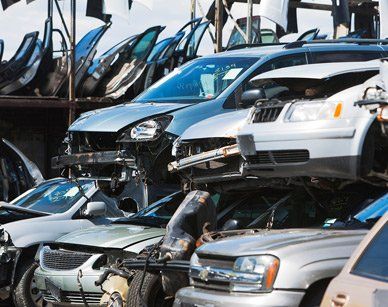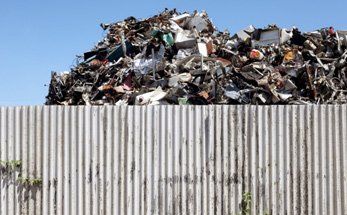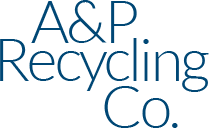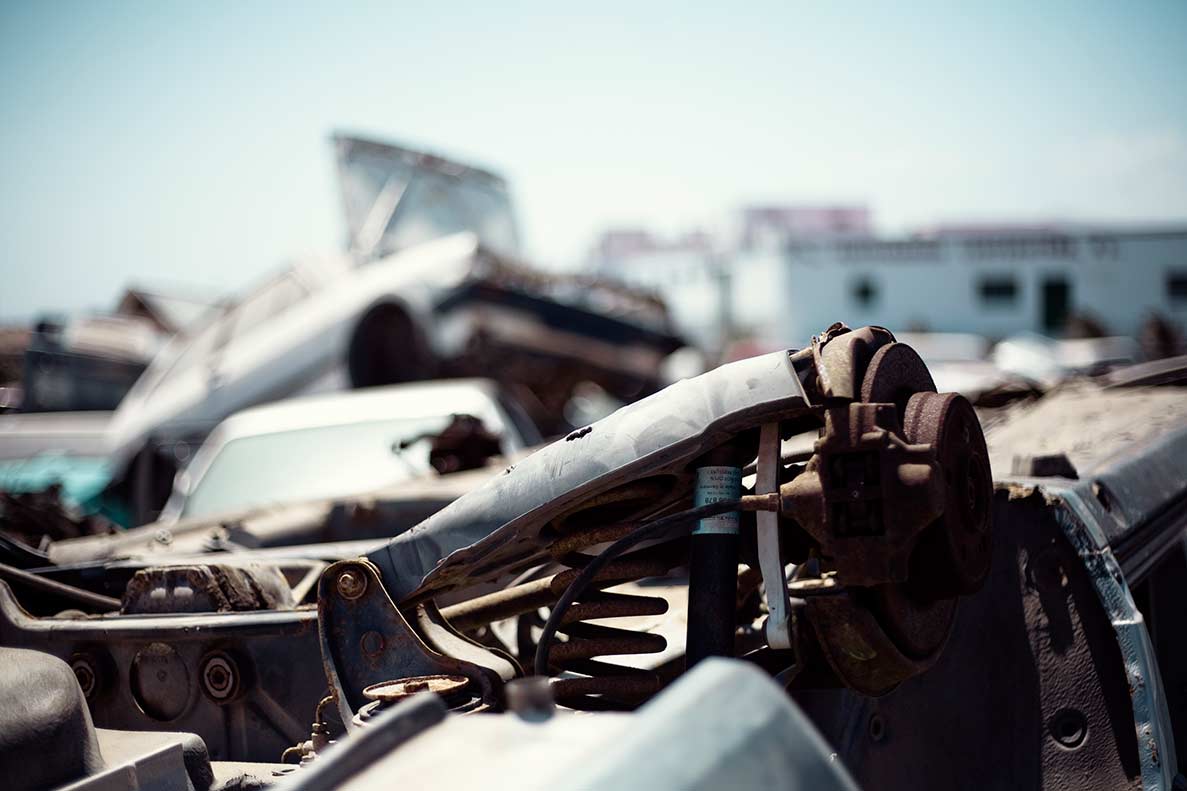In one of our previous blog posts, we talked about the possibility of earning a bit of extra cash through recycling scrap metal. If that idea has piqued your interest, you may be wondering about some of the specifics. Here are seven essentials you need to know before you start recycling scrap metal.
In South Carolina, if you want to sell metal to a scrap metal recycler, you need to show your identification. That's basically just a safeguard to ensure that, if any issues pop up down the road, the recycler can reach you. In particular, this rule helps to ensure that the metal recycler doesn't accidentally accept any stolen metal.
In South Carolina, you need a license to sell nonferrous metals. That includes aluminium, copper, brass and multiple other types of metal. Luckily, the application for the license is relatively short, and as of 2017, the fee is only $10.
Ferrous simply means that the metal has some iron. To help you remember that fact, keep in mind that iron is symbolized by the letters "Fe" on the periodic table. That stands for "ferrum," the Latin word for "iron." Nonferrous metals, in contrast, don't have any iron.
If you aren't sure whether a metal is ferrous or nonferrous, just grab a magnet. If it's attracted to the metal, the metal is ferrous. If not, it's nonferrous.
Nonferrous metals tend to be the most valuable. While values are always subject to change, copper tends to be one of the most valuable types of scrap metal, followed by brass and then aluminum. Other types of nonferrous metals fit in between those big three players on the list.
Usually when you sell metal to a recycler, you get money based on the intrinsic value of the metal. That refers to the value of the metal when it's melted down so that it can be used in a new application.
However, in other cases, metal may have more value in its current form. For instance, coins may be more valuable to a coin collector than to a metal recycler who is going to melt them down.
In that same vein, steel and wrought iron are both ferrous metals that may not be worth that much on their own. However, if you have ornamental steel fences, you may be able to sell them to a metal recycler for slightly more than their intrinsic value, but this only happens in cases where the recycler resells the
ornamental steel or wrought iron in its current form.
Even with an ID and a license to sell scrap metal, you may still need proof that you own certain types of scrap metal in order to sell it. In particular, if you are recycling a vehicle, you may need the title.
When it comes to manhole covers, hydrants and other government-owned pieces of metal, you usually can't sell that type of metal. The exception is for government contractors who have a reason to have that type of metal waste.
In some cases, you can just bring the scrap metal directly to the recyclers, but in other cases, you may need to do a bit of prep work. If you are selling metal barrels that had oil or chemicals in them, you should clean them first, and if you are selling compressors, you need to get rid of the chemicals. You may want to contact the metal recycler directly to see if you need to do any prep work.
To start recycling metal or to learn more, contact us directly. At A & P Recycling Co, we handle a huge range of metals, and we can even help you separate metal from other waste after an industrial project.









